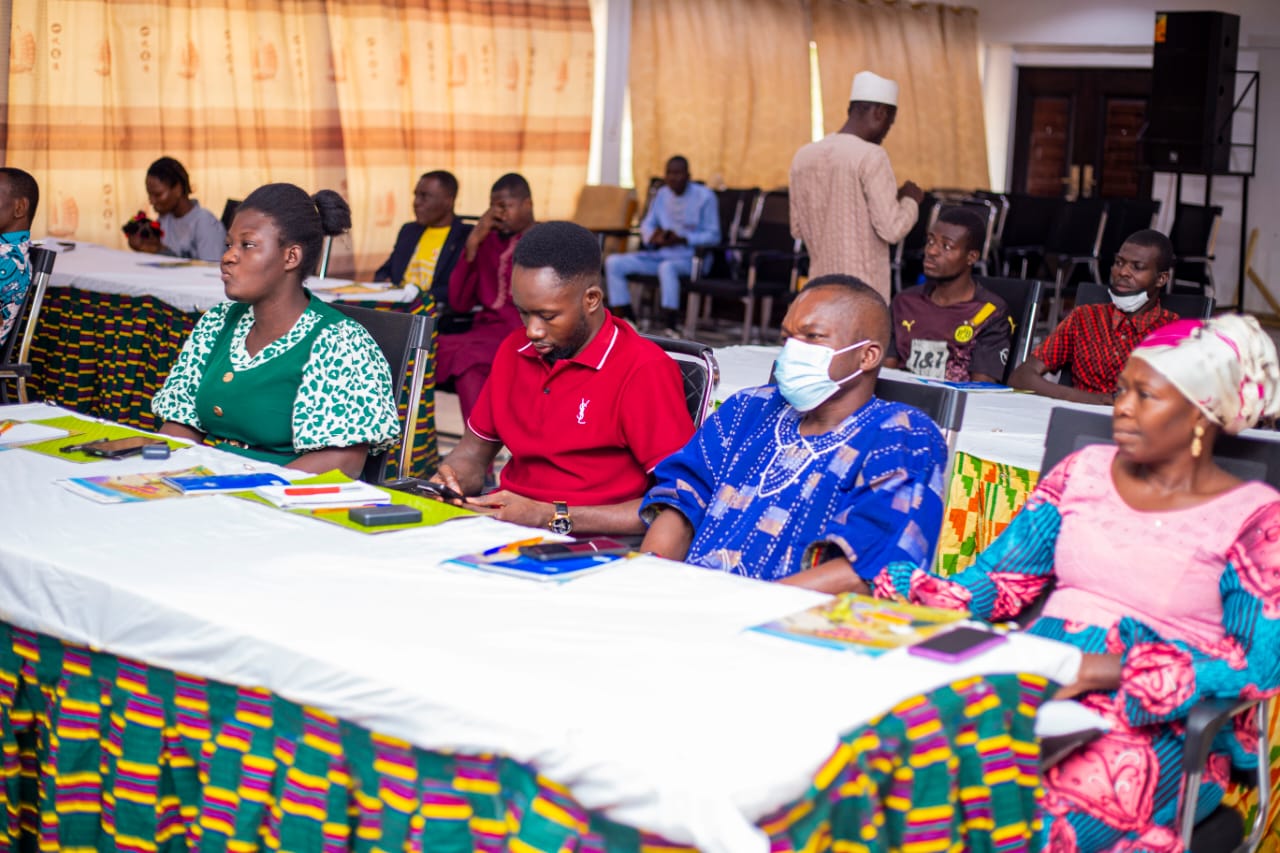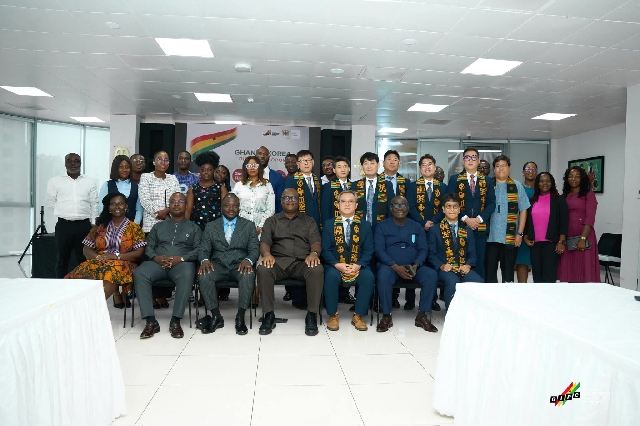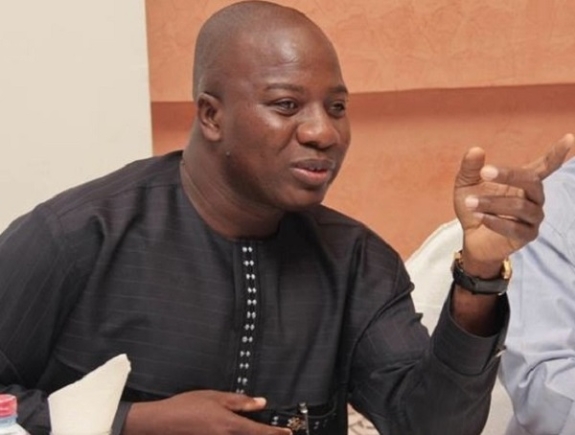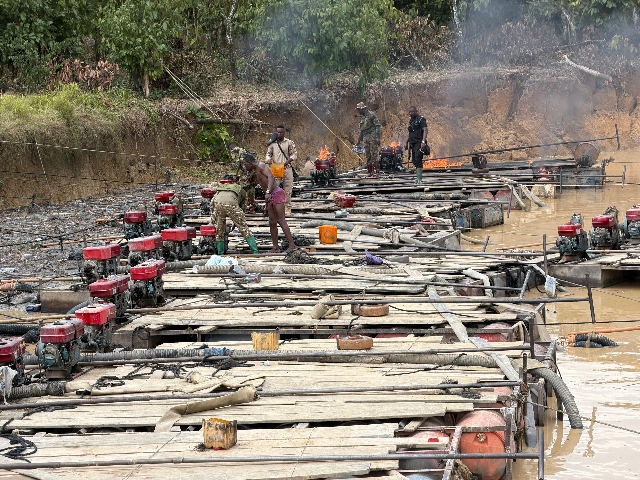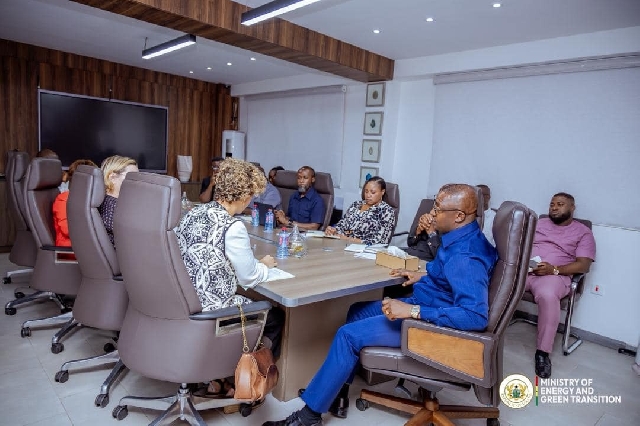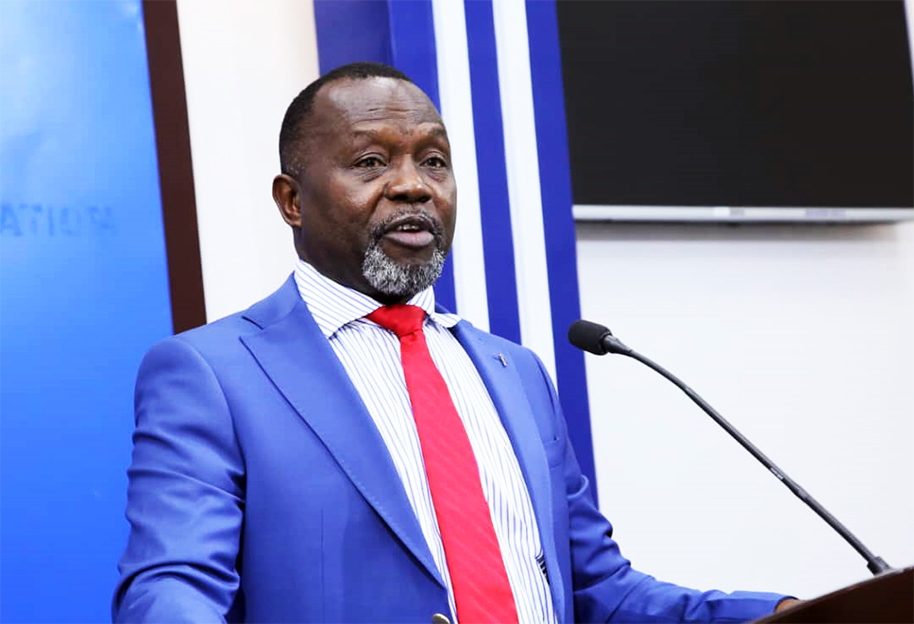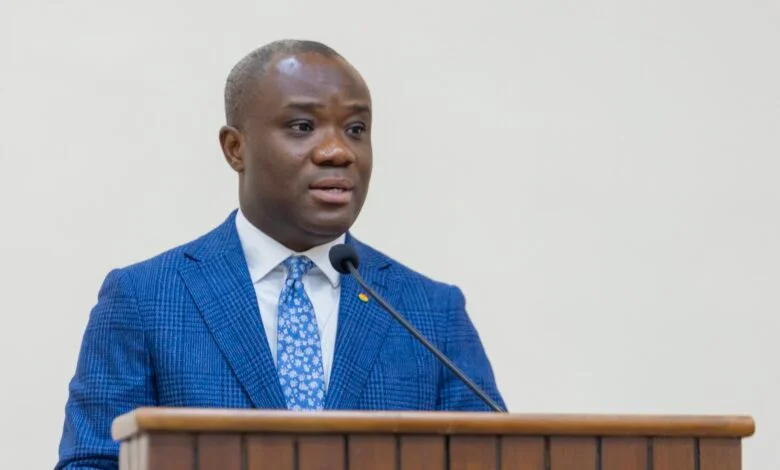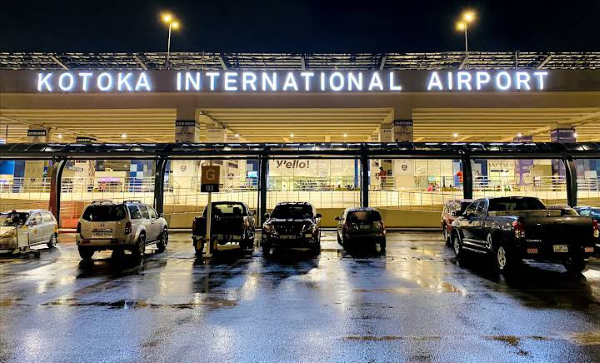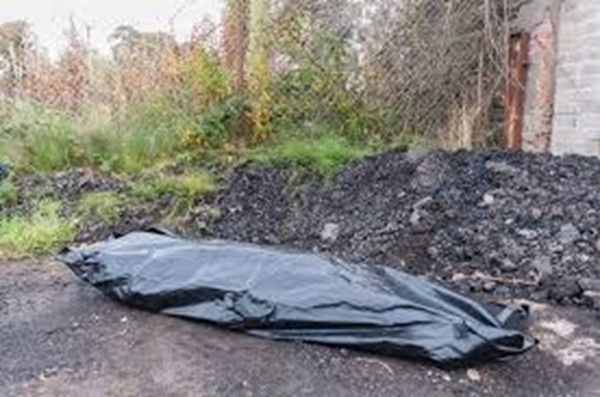Ghana’s legal and political circles buzzed with debate. At the center stood Attorney General Dr. Dominic Ayine, addressing mounting pressure from both local critics and international legal bodies following the suspension of Chief Justice Gertrude Torkornoo.
Dr. Ayine’s message was direct and resolute: the suspension of Chief Justice Torkornoo would remain in effect until the inquiry committee concluded its investigation and delivered its findings to President John Dramani Mahama. The Attorney General dismissed any claims of constitutional breaches or executive overreach, pointing instead to the unambiguous provisions of Ghana’s 1992 Constitution.
His comments came in response to a joint statement from the Bar Council of England and Wales and the Commonwealth Lawyers Association, released on August 14. These respected international legal organizations had urged President Mahama to reinstate Justice Torkornoo immediately, describing Ghana as a nation with a proud and longstanding tradition of upholding the rule of law. Their intervention reflected growing global concern over the April 22, 2025, suspension of the Chief Justice.
But Dr. Ayine was unwavering. He clarified that neither Ghana’s Constitution nor the Latimer House Principles on judicial independence barred the suspension of a Chief Justice when a prima facie case of misconduct or misbehaviour is established. He emphasized that government remained fully committed to judicial independence, separation of powers, and the rule of law. Any suggestion to the contrary, he warned, risked distorting a constitutional process being conducted fairly, transparently, and in strict accordance with the law.
“The suspension will, therefore, remain in effect until the inquiry committee completes its work and submits its report, to which His Excellency, the President will adhere,” Dr. Ayine stated firmly.
The controversy began on April 22, 2025, when President John Dramani Mahama suspended Chief Justice Gertrude Torkornoo after three undisclosed petitions alleged misconduct and incompetence. The president acted by Article 146(6) of Ghana’s 1992 Constitution, which allows the suspension of a Supreme Court judge if a prima facie case is found, pending a formal inquiry.
Following constitutional protocol, President Mahama consulted the Council of State and set up a five-member committee chaired by Justice Gabriel Scott Pwamang. The distinguished panel included Justice Samuel Adibu-Asiedu, former Auditor-General Daniel Yaw Domelevo, Major Flora Bazaanura Dalugo, and Professor James Sefah-Dzisah.
To ensure continuity, Justice Paul Baffoe-Bonnie, the most senior judge on the Supreme Court, was appointed Acting Chief Justice during the inquiry.
The suspension reverberated throughout Ghana’s legal community. The Ghana Bar Association (GBA) condemned the move as unconstitutional, arguing that no Constitutional Instrument or regulations had been published to justify the president’s use of discretionary power, as required under Article 296. The Centre for Democratic Movement (CDM) also denounced the suspension, questioning the impartiality of the inquiry committee and claiming the process lacked transparency and due process.
Chief Justice Torkornoo herself has vigorously defended her position, labeling the proceedings as “arbitrary,” “cruel,” and unconstitutional. She refused to step down, insisting that resignation would signal acceptance of a flawed process and a forfeiture of her right to defend herself.
The opposition New Patriotic Party (NPP) echoed these concerns, warning that the suspension threatened Ghana’s democratic foundations.
As the inquiry committee carries out its mandate, the eyes of the nation, and the world remain fixed on Accra. Dr. Ayine’s unequivocal stance, grounded in constitutional law, has set the stage for what may become a defining moment for Ghana’s judiciary and its commitment to due process and the rule of law.
Source: Apexnewsgh.com

